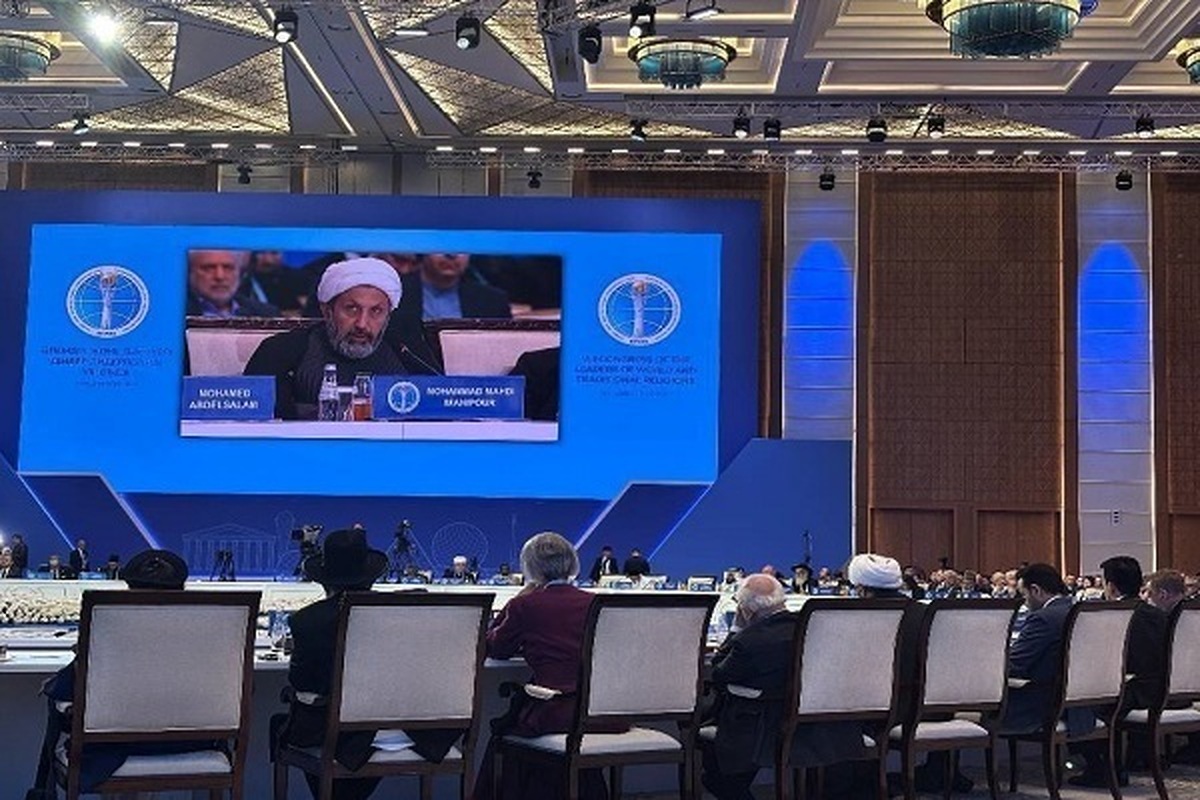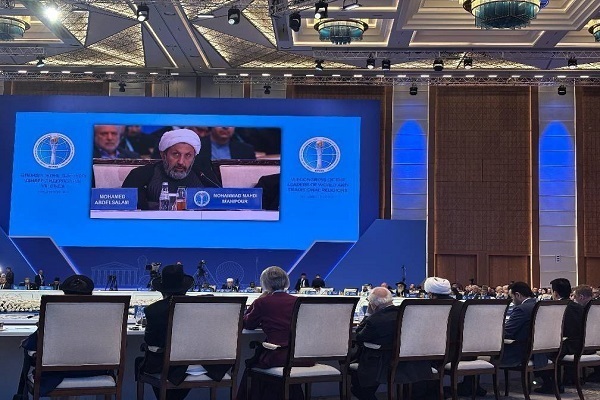ICRO Chief Warns of ‘Digital Slavery’, Calls for Ethical Global Rules


Hojat-ol-Islam Mohammad Mehdi Imanipour made the remarks on Thursday while speaking at the Eighth Congress of Leaders of World and Traditional Religions in Astana, Kazakhstan.
Inaugurated by the president of Kazakhstan, the event is attended by religious leaders from over 60 countries and 150 religious delegations from across the world.
“In our daily lives, we have become heavily dependent on the internet, social media, and digital services,” Imanipour stated. “This dependence pushes users towards ‘service packages’ and ecosystems that effectively control major decision-making in the contemporary world.”
He argued that this reliance can create limitations on choice and freedom of action, akin to economic or cultural slavery.
“Advanced algorithms can predict and guide user behavior, sometimes even without the individual being aware of this control,” he said.
Hojat-ol-Islam Imanipour framed the issue as a dual challenge involving both individual human rights and the rights of nations.
He pointed to the working conditions of many in the digital economy, such as content creators and data managers, who often lack job security and adequate rights.
“This situation resembles a form of modern digital slavery because it essentially involves the exploitation of human labor through technology,” he said.
The official also accused major data controllers, or ‘Big Data’ owners, of using information as a tool in a new form of hybrid warfare.
He said a “wide-ranging effort to distort and conceal the truth” is underway by those who govern the digital space.
“As an example, what is happening in the Islamic lands, especially in the Gaza Strip, is being met with distortion and concealment,” he said. “They (the Israeli regime and its supporters) commit genocide and crime and then claim to be peacemakers.”
Read More:
To counter these challenges, Hojat-ol-Islam Imanipour proposed that independent, value-oriented countries create shared data banks and metadata systems.
He also called for collective efforts to break the monopoly on digital data.
“My specific proposal for interfaith synergy for the future is to break the monopoly in the field of digital data and a collective effort to shape Big Data that leads to free thinking and sustainable peace, rather than siding with the mainstream media narrative,” he stated.
Concluding his address, Imanipour expressed hope that with vigilance and cooperation, a world can be built where human dignity stands above all digital structures.
4305748



